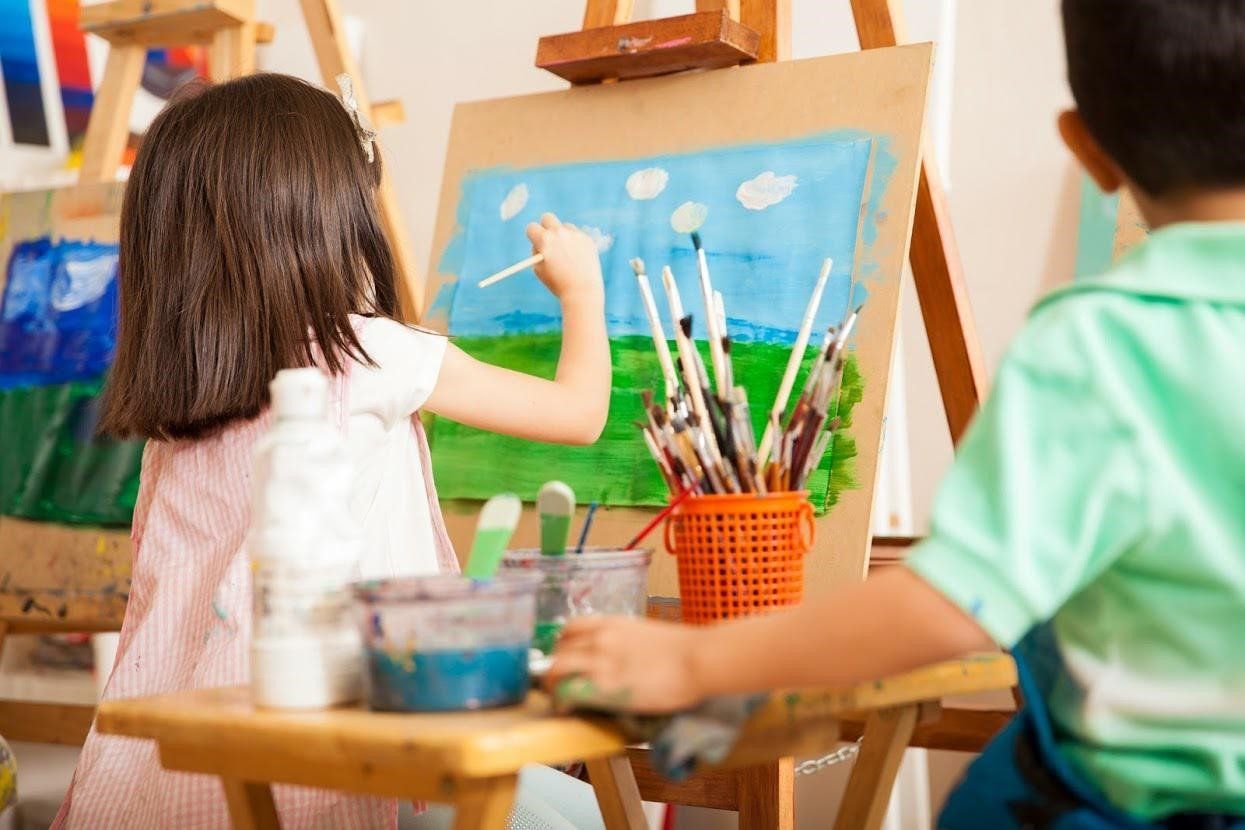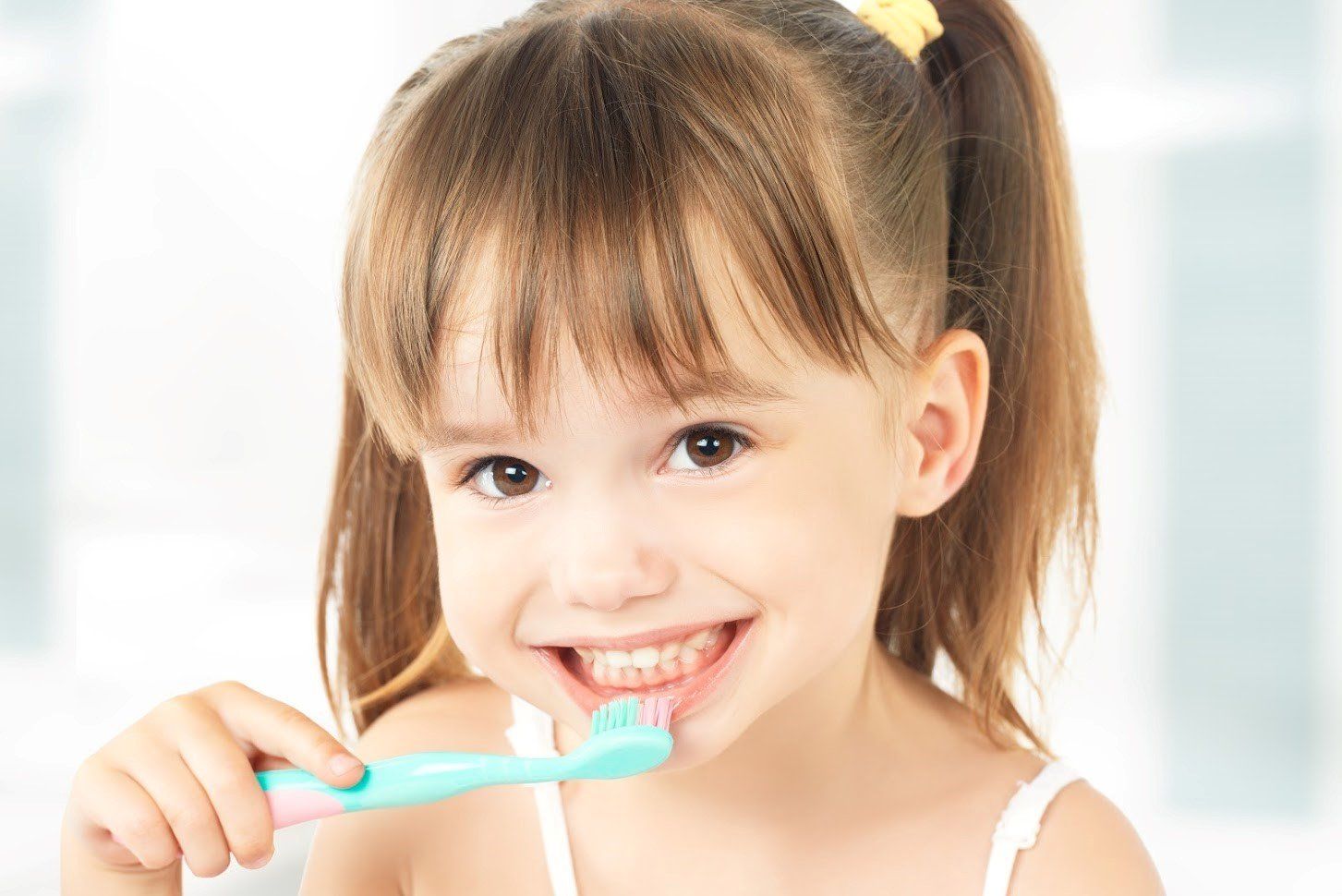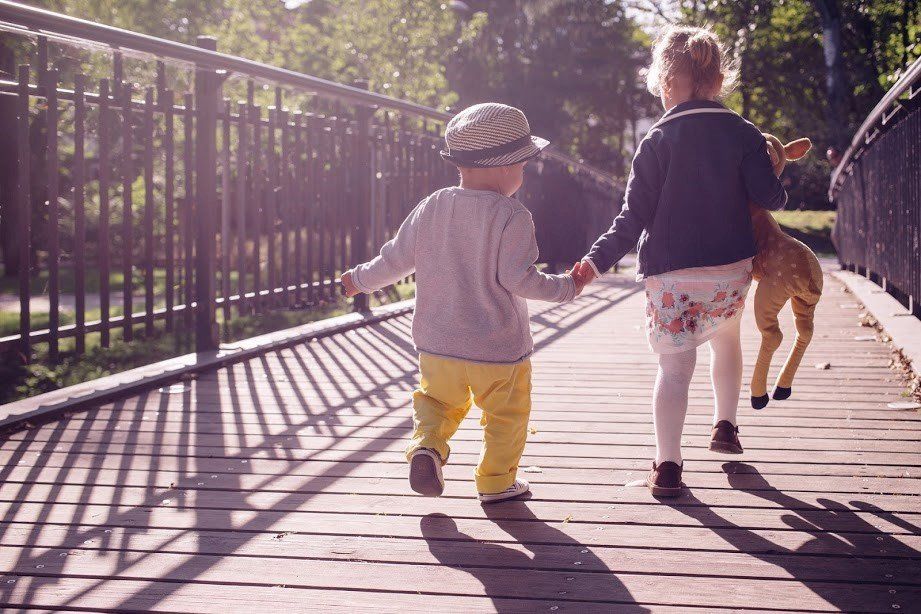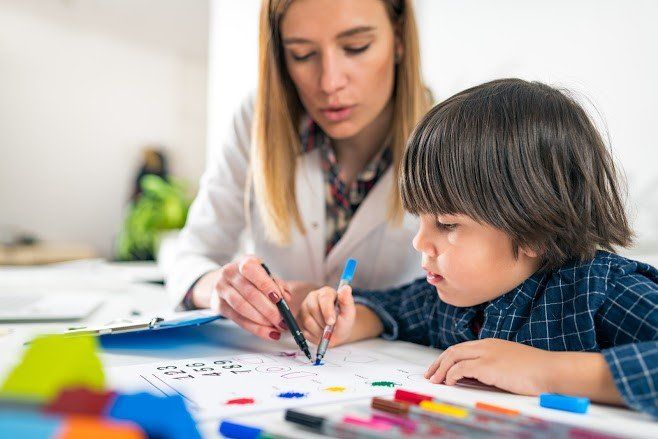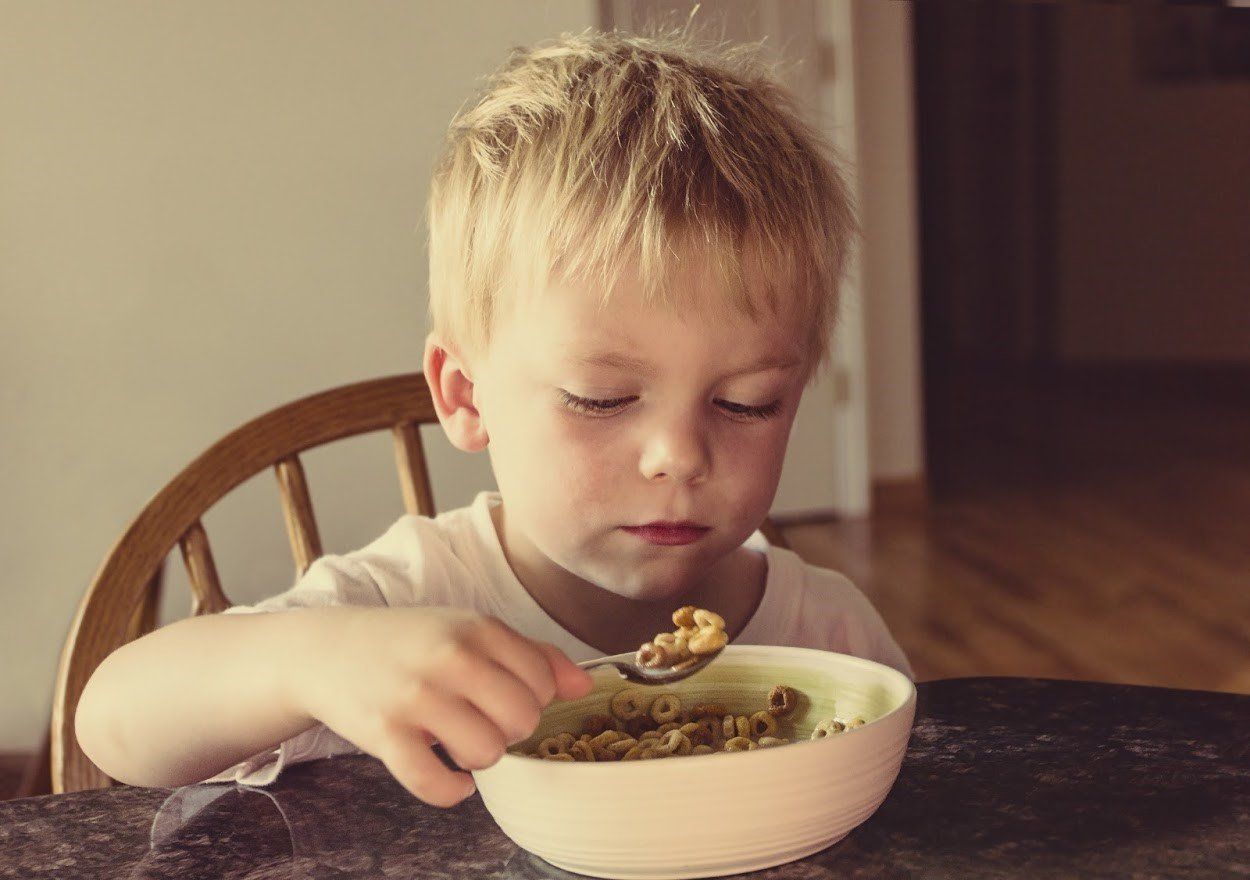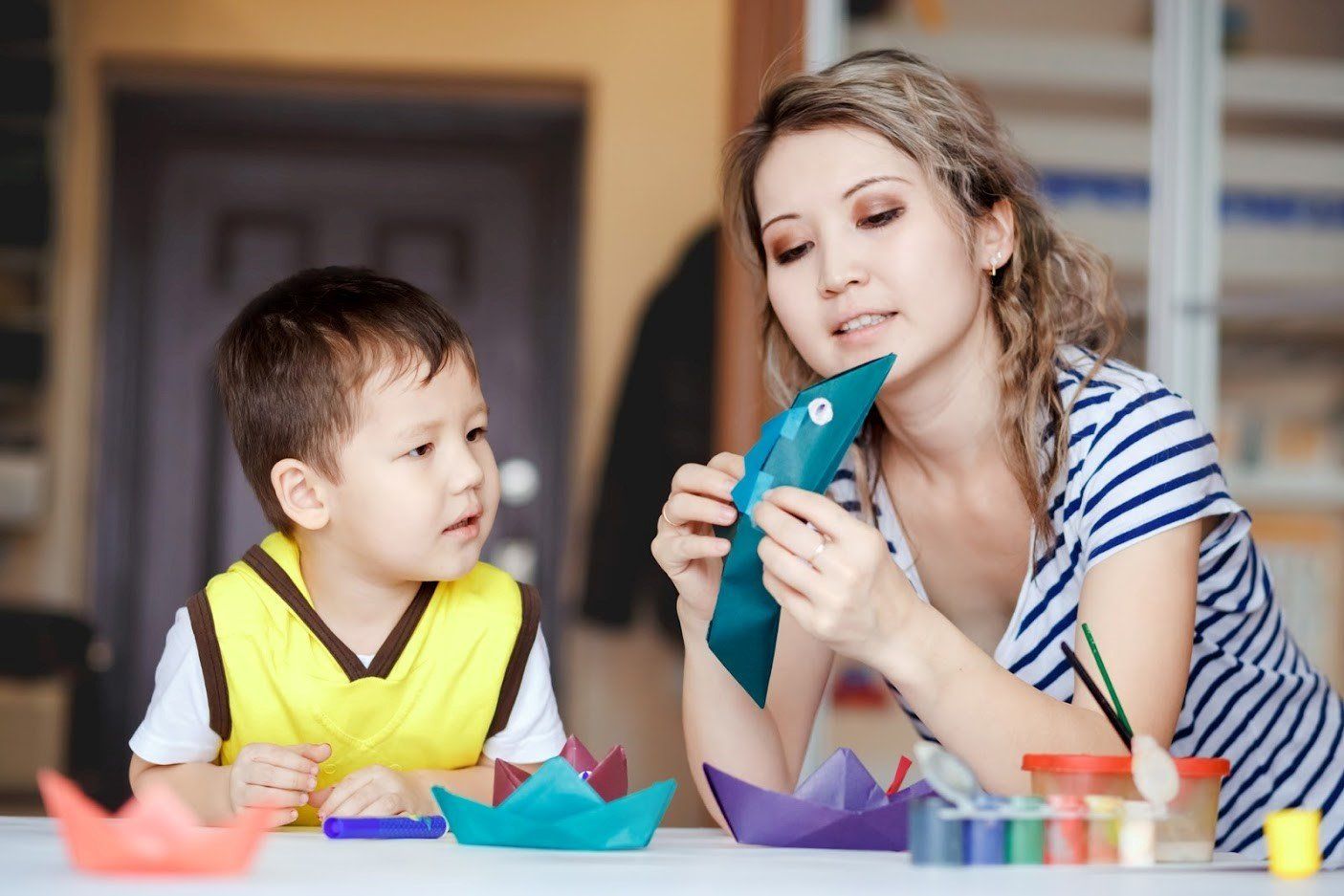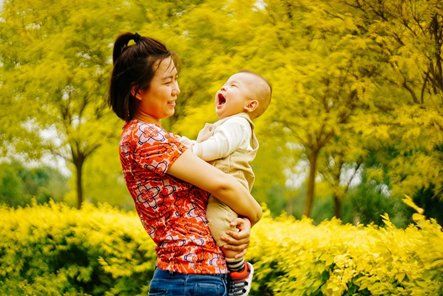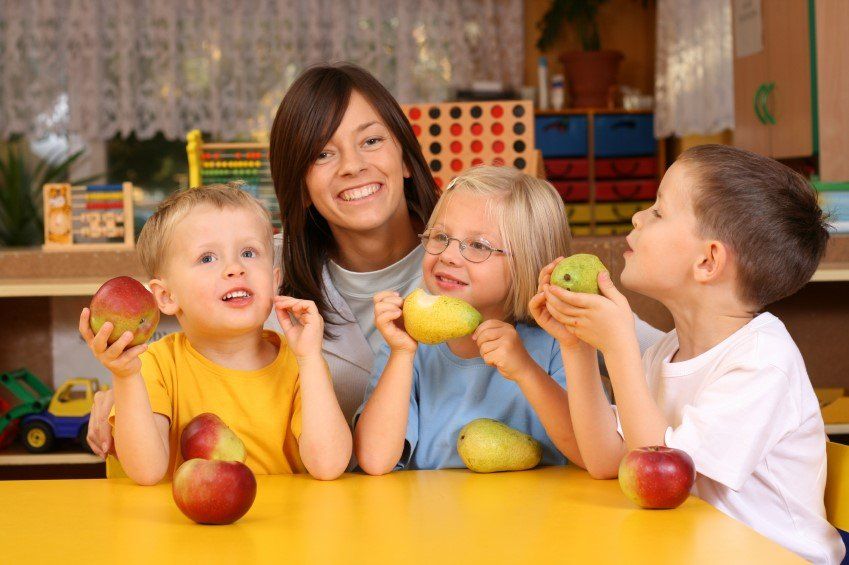Preschoolers and Kindergarten Readiness
What should your child know before beginning kindergarten? School readiness means much more than knowing the ABCs or 123s. If your preschooler is on the cusp of kindergarten, take a look at the answers to common readiness questions parents have.
Is There an Age Requirement for Kindergarten?
Most public schools require young children to turn five before starting kindergarten. Some have a cutoff date in September, allowing a four-year-old who will turn five soon to start. Each district's date is slightly different. Contact your local school for more information on their age cut-off regulations.
Does Age Equal Readiness?
Even though there are generally accepted childhood milestones, development isn't always standard. Some variation between children of the same age is normal and can result in readiness differences.
What Academic Skills Should a New Kindergartner Have?
Academic knowledge is a major concern for many parents when making the kindergarten decision. Some school districts may have their own list of academic skills they expect of kindergartners. If your district doesn't, common expected skills include:
Letter identification. Don't worry if your preschooler can't read the entire alphabet yet. They'll learn all the lower- and upper-case letters in kindergarten. But they should know at least some of the letters by sight by the end of preschool.
Writing their name. It's common for preschoolers to learn familiar or well-used letters, such as those in their name, first. By the time your child goes to kindergarten, they should have some practice writing their first name.
Counting. Research from the University of Missouri found that learning to count (not just numeral identification) can prepare preschoolers for later math success. Your preschooler should know how to count to 10 before starting kindergarten.
Even though academic knowledge has a primary place in the readiness equation, it's not the only piece. Along with these skills, your child's social development also plays a major role in whether they should start kindergarten now or wait another year.
What Social Skills Do Kindergartners Need?
Like academic knowledge, your child doesn't need to enter kindergarten a master of all social skills. Kindergarten is a transition time when children are learning about the social world, making first friendships, and exploring how the structure of school works.
Social skills that preschoolers should have as they enter kindergarten include:
Following directions. The ability to listen to, understand, and comply with directions is part of the structured school routine. This skill is necessary for adequate classroom and behavior management.
Understanding peer-to-peer interactions. Development of these social skills allows the child to get along with others.
Managing conflicts. Even the best of friends have conflicts. Children in kindergarten should have some idea about what to do when these issues arise.
Emotional development goes hand-in-hand with social skill building. Along with these social abilities, your child should also identify their own emotions and know how to appropriately regulate them.
What Else Should Preschoolers Know Before Starting Kindergarten?
While academic, social, and emotional skill-building are all crucial steps towards kindergarten, your preschooler also needs to develop practical and self-care skills. These include:
Using the restroom. Your child should have the ability to use the facilities (this includes washing their hands) without adult assistance.
Self-feeding. If your child will eat breakfast, lunch, or snack at school, they need to know how to properly use utensils.
Dress themselves. Kindergartners should know how to dress themselves, including putting on shoes, coats, and other outerwear.
If your child is struggling with self-care tasks, start working on these developing abilities now. With time and practice, your child will master these everyday activities.
Are you searching for a preschool program that will prepare your child for future school success? Contact Small World Early Learning and Development Center for more information.


